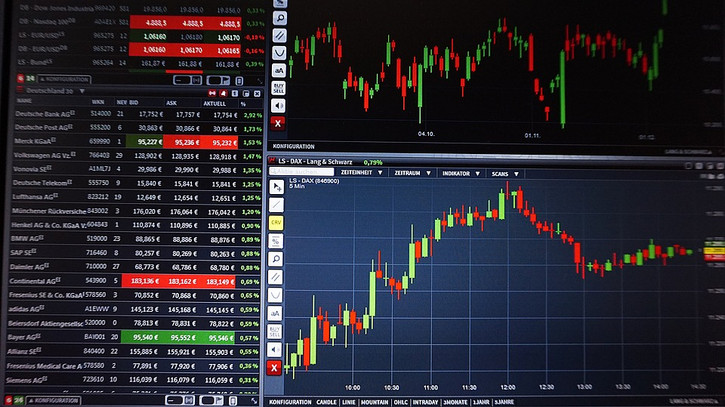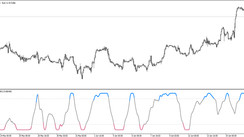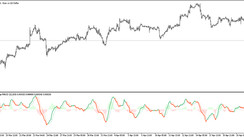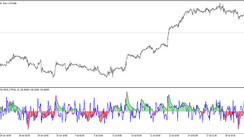Forex is amazing, but, sadly, it is not without its flaws. From unreliable brokers to customer service, trading forex can be a daunting task for those who are not familiar with this world.
Nonetheless, there is one thing that all traders think about when talking about trading, costs.
Financial instruments are expensive, and companies will always find a way to pass that burden onto their consumers. It is this balance between how much a trader will make and how much it will cost them completing said transaction that determines profitability.
Obviously, there are different costs that any given trader might incur. But, when it comes to forex trading, the main one will always be the bid-ask spread. And when talking about the bid-ask spread, there are only two options to choose from: fixed or variable. Neither option looks better than the other at first look. After all, both have their own and highly distinct advantages and disadvantages.
Understanding the bid-ask spread
In a nutshell, the bid-ask spread represents the difference between the buying price (bid), and its selling price (ask) of any given pair. It is at this margin that most brokers make their profits. And understanding this fact, as well as which spread is better is paramount for any forex trader.
At a closer level, the price paid by any forex trader can be summed up in the following manner. Whenever a trader buys a pair, he/she will pay a higher rate than if he/she was selling it. The difference between both effectively represents the bid-ask spread or 'fee' that a given broker is charging for doing operations under its platform. There is, virtually, no way to escape the spread, so what matters is how traders maximize their earnings by choosing between fixed or variable spreads.
Fixed or variable spreads
A trader that chooses a fixed spread knows that regardless of how the pair performed, they will always be subjected to the same rate. That means that fixed spreads are immune to market conditions, favour consistency, and protect against volatility. That is all well and dandy, but there is a downside to this method as well. Market Makers are the sole providers of fix spreads. Therefore, any advantage traders may see at first will be erased once these brokers enforce their monopolistic-like powers on their forex traders. That means that, on average, fixed spreads tend to be higher than variable spreads. And that is quite problematic when the difference between profit and loss is only a couple of pips.
Variable spreads are not subjected to such control. Therefore the cost for traders, as the name says, varies depending on the broker the trader is using. Additionally, variable spreads tend to be high during extreme volatility, and it is prone to change in seconds. But, the advantage is that traders have more control of their profits thanks to being able to wait for the best moment to buy and sell without suffering from a predetermined loss point. Furthermore, it does not matter how high a variable spread gets, it will always be lower than a fixed spread. And, during stable or high-liquidity markets, the cost is virtually non-existent.
Fixed and variable spreads appeal to different types of traders. But, if maximizing profits is the name of the game, then variable spreads is the better choice.





